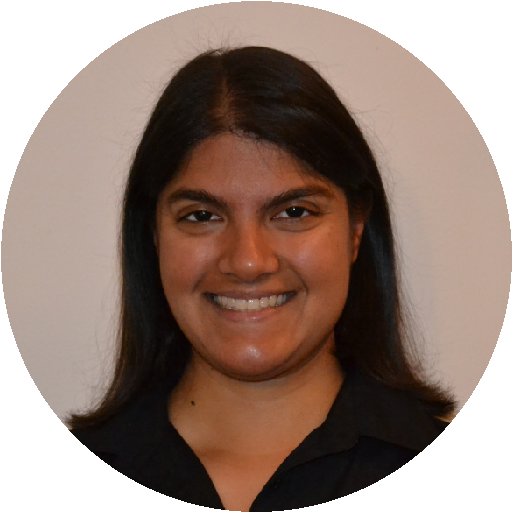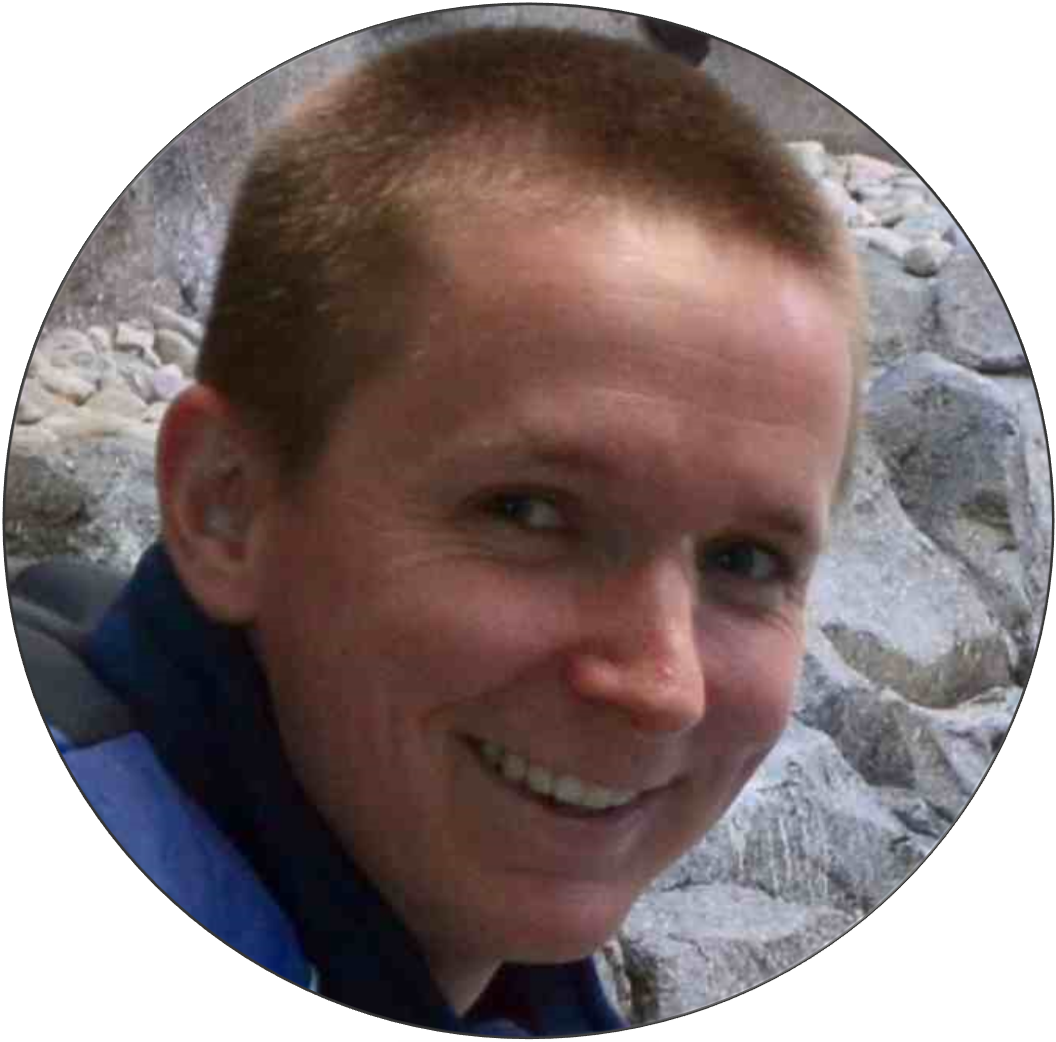Government & Non-Profit Research
![]() PhD scientists are able to continue doing basic scientific research at government agencies such as the NIH, EPA, CDC, FDA, and even the US Navy. This research environment is quite similar to that of academia, with the notable exception of usually not needing to write grants to gain funding support. Science policy is a popular career track as well within the government and nonprofit sector; these positions are typically research-based, and may focus on advocating for a particular research agenda with lawmakers. Many trainees enter science policy careers through fellowships such as the AAAS Science & Technology Policy Fellowship, the Christine Mirzayan Fellowship, and the Presidential Management Fellowship, among others. Within the nonprofit space, research careers are typically focused on social good or humanitarian efforts, and many have an international focus. Scientists at nonprofits may find themselves in the field providing medical aid, documenting and responding to human health emergencies, or working to protect natural resources.
PhD scientists are able to continue doing basic scientific research at government agencies such as the NIH, EPA, CDC, FDA, and even the US Navy. This research environment is quite similar to that of academia, with the notable exception of usually not needing to write grants to gain funding support. Science policy is a popular career track as well within the government and nonprofit sector; these positions are typically research-based, and may focus on advocating for a particular research agenda with lawmakers. Many trainees enter science policy careers through fellowships such as the AAAS Science & Technology Policy Fellowship, the Christine Mirzayan Fellowship, and the Presidential Management Fellowship, among others. Within the nonprofit space, research careers are typically focused on social good or humanitarian efforts, and many have an international focus. Scientists at nonprofits may find themselves in the field providing medical aid, documenting and responding to human health emergencies, or working to protect natural resources.
- Ins and Outs of Postdoctoral Positions in National Labs (Autumn 2024)
- The AAAS Fellowship: Application & Selection Process (Spring 2024)
- Science Globalization: Establishing Connections at Home and Abroad (Spring 2019)
- The Role of a Program Officer in Shaping and Supporting Innovations in STEM Research and Education (Autumn 2018)
Externships
- Conservation Research (Summer 2020)
- Conservation & Sustainability Program Development and Logistics (Spring 2018)
- Conservation & Sustainability Research (Spring 2018)
- Research and Image Analysis — The Morton Arboretum
Examples of institutions where you could work in this field:
National Institutes of Health (NIH), Food and Drug Administration (FDA), Environmental Protection Agency (EPA), non-governmental advocacy groups.
Examples of job titles that you might find at those institutions:
Principal Scientist, Team Leader, Advocate, Contract Specialist, Grants Management Specialist, Program Analyst.
Professional societies that are relevant to this career category:
American Association for the Advancement of Science (AAAS), Center for Science and Democracy, Federation of American Scientists, Union of Concerned Scientists.
Alumni in Government & Non-Profit Research

Sapana Vora
PhD Cancer Biology 2013
Deputy Team Chief, Biosecurity Engagement Program, US Dept. of State Bureau of International Security and Nonproliferation, Office of Cooperative Threat Reduction
What did you do as a trainee to prepare for your current career?
The things I did as a trainee that prepared me for my current job had, for the most part, little to do with my actual research. Instead, it was the things I did outside the lab, like co-chair the BSD Dean’s Council for nearly two years, volunteer to present or discuss my research with non-technical audiences, and attend seminars or presentations by non-scientists on campus (e.g., political advisors, economists, etc.), that helped me build the skills I use on a daily basis. These skills include a facility for describing highly technical matters clearly and succinctly to non-scientists, experience and ability to lead a team of peers to accomplish concrete goals in a timely manner while managing a limited budget, and appreciation for the different perspectives that people with diverse backgrounds can bring to the same issue. That being said, my great comfort with data and spreadsheets, and insistence on letting facts and evidence guide our decision-making, were things I developed and/or honed through my research pursuits, and those abilities are some of the things that set me apart in my office. I should note that the skills gained from both the extracurricular and curricular activities helped me become a AAAS Science and Technology Policy Fellow in September 2015 which is how I came to ISN/CTR.
What are the typical things your job entails each day?
I spend most of my time in meetings, phone calls, and reading/answering emails; sounds boring when put like that, but the topics are usually some combination of interesting, important, or urgent (and not uncommonly all three!). The meetings are generally with other people in the office to discuss ongoing efforts in the office/bureau, strategize ISN/CTR’s responses to requests or taskings from bureau leadership/State colleagues/interagency partners/Congress, and fairly regular meetings with colleagues from the Department of Defense or our implementing partners (we fund the latter to conduct activities on our behalf). Phone calls are usually with implementing partners or the interagency on a range of topics from ongoing work in our office’s priority countries to White House-led policy deliberations. Most of my email traffic is internal to the office where I’m providing feedback or guidance to my team members or responding to requests or questions from office leadership; the rest is generally implementer/interagency-related. At certain times in the fiscal year (like now), I also spend a significant amount of time analyzing budget spreadsheets and writing or compiling budget-related documentation.
What is the most rewarding part of your job?
The most rewarding aspect of my job is having the privilege to serve my country and be part of its national and international security mission. In this job, I get to work on a daily basis with incredible people from around the U.S. and the world, and be involved in some of the most important issues our country faces, whether its stemming the spread of weapons of mass destruction to counterterrorism to improving international partner capacity to prevent, detect, and respond to outbreaks of dangerous diseases.

Matt Heintz
PhD Evolutionary Biology 2013
Research Associate, Center for Zoo Animal Welfare, Detroit Zoological Society
What did you do as a trainee to prepare for your current career?
I sought out UChicago because of the relationship the university had with Lincoln Park Zoo. Zoo-based research is something that is very important to me and UChicago is an amazing university that also has a great partnership with an amazing zoological institution. My dissertation was studying the benefits of play behavior in wild chimpanzees in Gombe National Park, Tanzania and I also received critical experience being involved in other projects at Lincoln Park Zoo. My training in animal behavior, observation skills and endocrinology helped best prepare me for my current position.
What are the typical things your job entails each day?
I develop and help execute different research projects to assess animal well-being at the Detroit Zoo. We strive to make sure that the animals are able to thrive, not just survive. I am involved with collecting behavioral observations, training and managing volunteers to assist with data collection, summarizing data and sharing findings with animal management staff internally and disseminating results to other scientific and zoo outlets. We take a variety of approaches including behavioral observations and other non-invasive methods including endocrinology and infrared thermography to better understand animal well-being.
What is the most rewarding part of your job?
My research has a direct positive impact on animal well-being here and also the potential to impact other zoo animals. What drives me most is to have a positive impact on animal well-being and I feel that in this position I am able to not only make a difference with the animals but also with zoo visitors. Being at a zoo, I am able also to educate individuals in both informal and formal interactions.

Molly Duman Scheel
PhD Molecular Genetics & Cell Biology 1999
Associate Professor, Eck Institute for Global Health and Department of Biological Sciences,
University of Notre Dame
What did you do as a trainee to prepare for your current career?
As a graduate student, I studied comparative arthropod nervous system developmental genetics in the lab of Nipam Patel. I have applied many of the techniques that I learned in graduate school to study development of the dengue vector mosquito, Aedes aegypti, which my laboratory is characterizing as an emerging model for the study of vector mosquito development. Disease vector mosquitoes kill over a million people each year, and it is critical that we learn more about their development, a significantly understudied portion of the mosquito life cycle.
What are the typical things your job entails each day?
Broadly speaking, life includes research, teaching, and service, but it seems that there is no such thing as a typical day for me, which is one of the things I love about my job. Although I still enjoy some time at the bench, my research time is largely spent writing grants and manuscripts with my trainees and collaborators. I teach embryology and genetics to medical, doctoral, and undergraduate students, and I also participate in a number of internal and external service opportunities, from curriculum committees to scientific journal editorial boards.
What is the most rewarding part of your job?
I love the process of scientific discovery, and I enjoy mentoring trainees engaged in this process. I feel very fortunate to have the opportunity to study mosquito development, as we know so very little about this process. I hope that our research may one day promote the elucidation of novel means for mosquito control.
